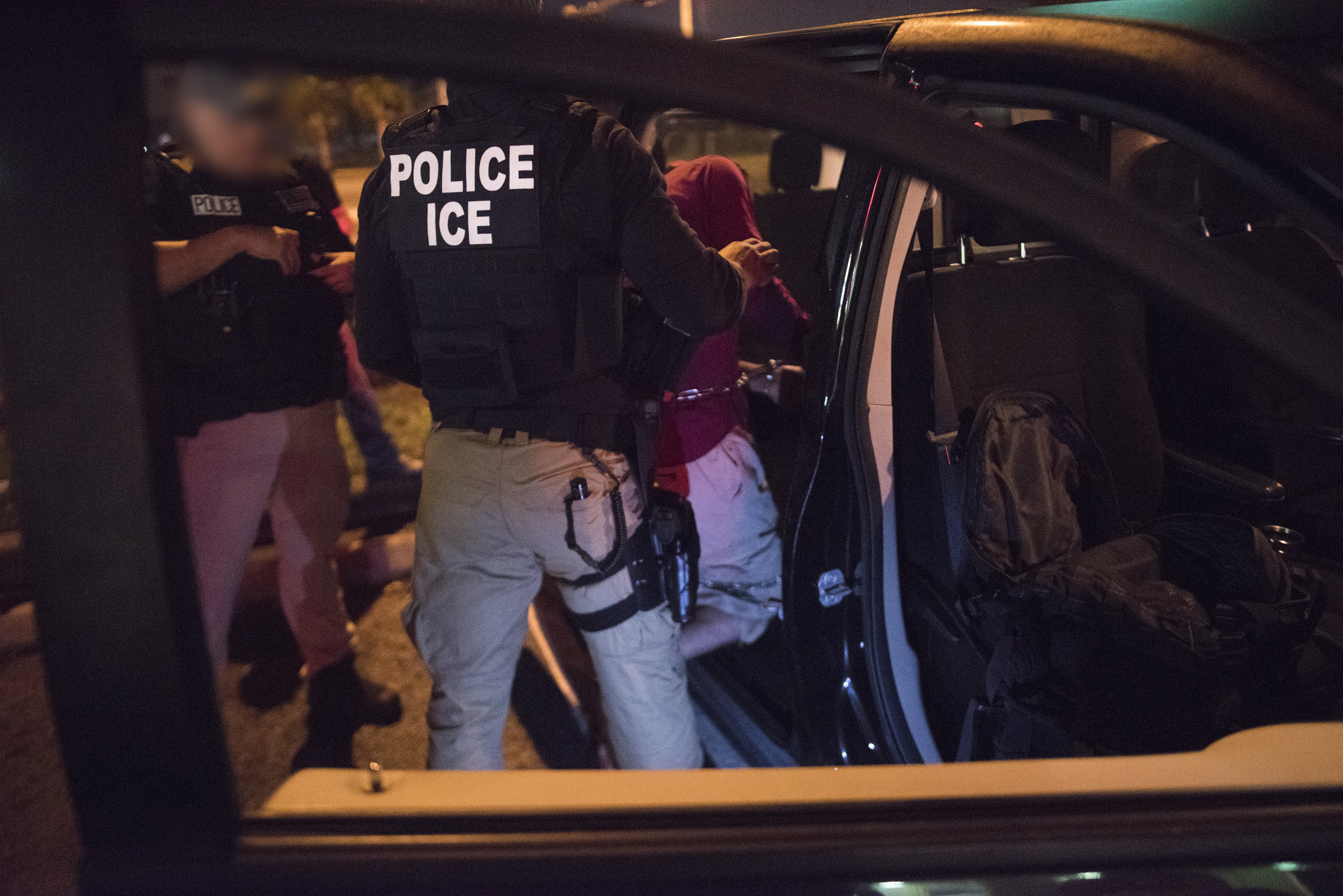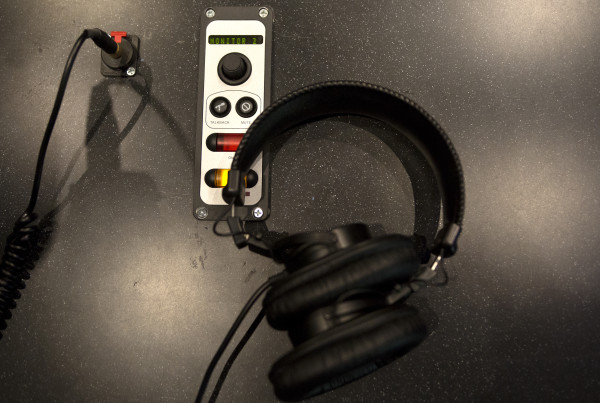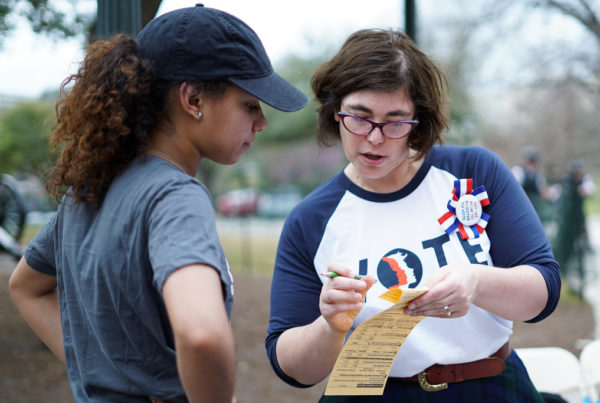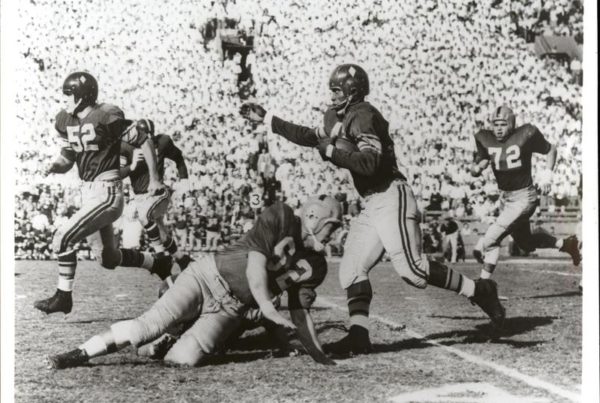In August, U.S. Immigration and Customs Enforcement agents detained immigrant workers after raiding a trailer factory in Sumner, Texas. They gave the immigrants a notice, which said they were expected to appear before a judge on Sept. 13 for an administrative hearing. But when they showed up at court, they weren’t on the official records. As a result, over a dozen immigrants were turned away from their deportation cases.
Dianne Solis, a senior writer for The Dallas Morning News, says it seems these ICE agents wrote fake numbers and times on the Notices to Appear. And there’s reports of fake dates in at least six other cities: Dallas, Los Angeles, San Diego, Chicago, Atlanta and Miami. Solis says this raises many questions, including whether notices with fake dates or times have any legal standing, and how they will impact the courts and the detained immigrants themselves.
“It buys [immigrants] more time, say some attorneys. Other attorneys say that immigrants shouldn’t be abused that way. They’re a vulnerable population already,” Solis says.
The ICE raid was one of the largest operations at a single workplace in a decade. However, Solis says ICE didn’t coordinate with immigration courts after the raid; appearance notices for weekends, late at night and on non-existent dates, like Sept. 31, are some indication of that.
Now, immigration courts carry the burden of finding space for these cases on their schedules. Solis says they were already overloaded prior to the raid.
“There are nearly 750,000 cases in backlog,” Solis says. “There’s not enough staff, and the judges are already feeling overbooked, and then this happened.”
Solis says a legal case against the notices with fake dates is making its way through the courts now.
“They got these dummy dates, or these fake dates in, and they thought that it would just be sorted out. Meantime, it’s caused chaos,” Solis says.
Written by Alexia Puente.















